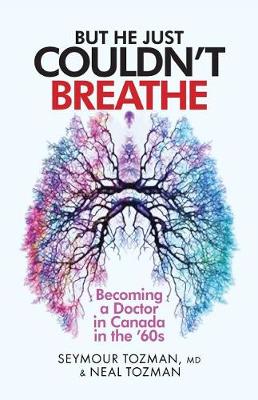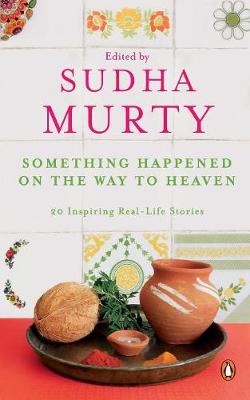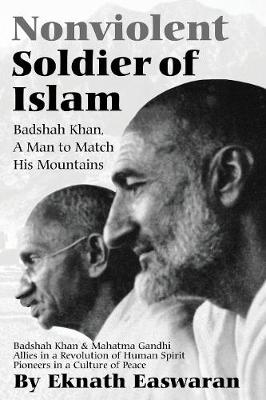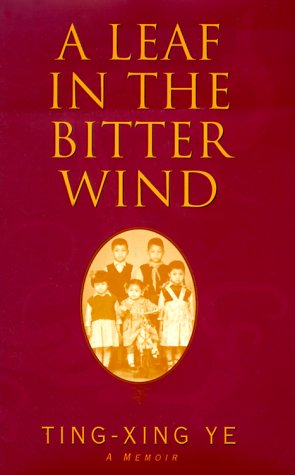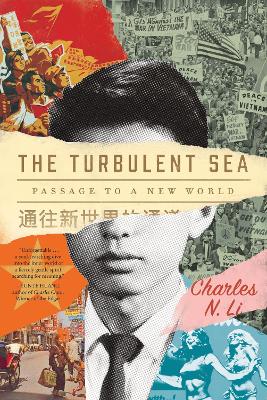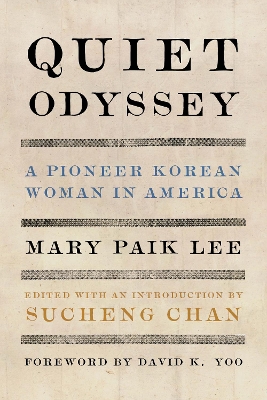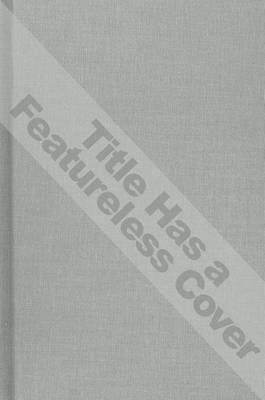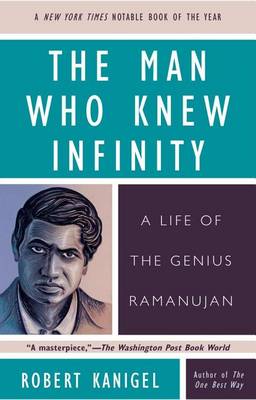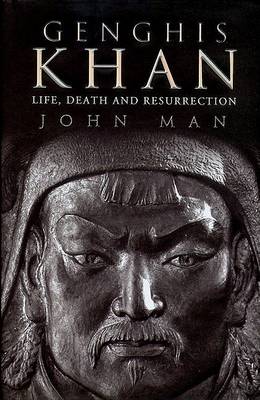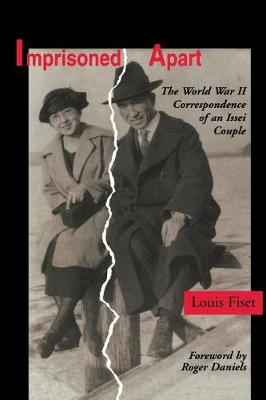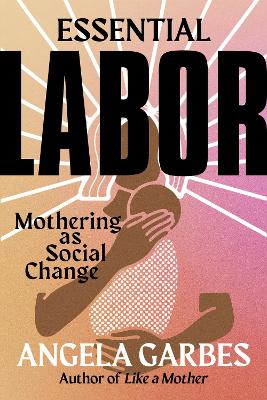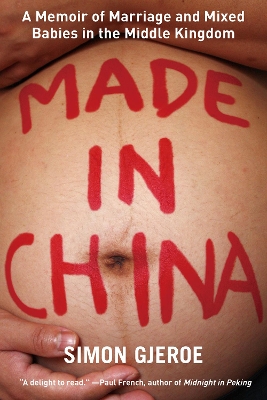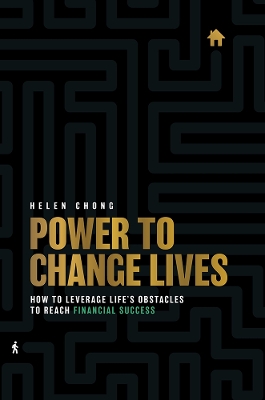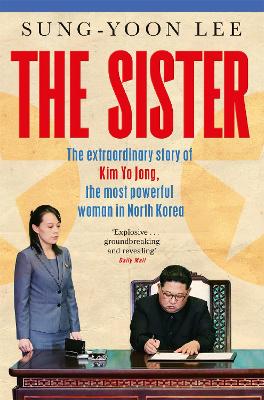Selected Works of Jawaharlal Nehru, Second Series, Volume 82, 1 May-31st July 1963 (Selected Works of Jawaharlal Nehru)
The Selected Works of Jawaharlal Nehru has established its position as the single most important, authoritative, and reliable source on Nehru's life, work, and thought. It is indispensable to the scholar, fascinating to the layperson, and at times something of a primer in politics, democracy, and world affairs, as Nehru intended his periodic letters to his chief ministers to be. It provides a panorama of home and the world as seen from the centre of power in India by an acutely sensitive observe...
"A touching, contemplative chronicle of loss and self-discovery." - Publishers Weekly From the acclaimed biographer of Norway's most treasured cultural icons, Henrik Ibsen and Edvard Munch, comes a story of a migrant family in search of roots and for each other. Ivo de Figueiredo's lyrical and imagistic memoir navigates a difficult search for the origins of his estranged father, which opens a door to a family history spanning four continents, five centuries and the rise and fall of two empire...
The story of the great Muslim peacemaker Badshah Khan, who joined Mahatma Gandhi in nonviolent resistance to British rule in India. Khān Abdul Ghaffār Khān (Badshah Khan or Bacha Khan) came from a Pathan society that was steeped in a tradition of blood revenge, but Khan raised a nonviolent "army" of 100,000 men and joined Mohandas Gandhi in civil disobedience to British rule in India. Easwaran’s biography of Khan is a comprehensive account of the man who was nominated for the Nobel Peace Prize...
Iris Chang's best-selling book The Rape of Nanking forever changed the way we view the Second World War in Asia. It all began with a photo of a river choked with the bodies of hundreds of Chinese civilians that shook Iris to her core. Who were these people? Why had this happened and how could their story have been lost to history? She could not shake that image from her head. She could not forget what she had seen. A few short years later, Chang revealed this "second Holocaust" to the world....
One of the best ways to understand history is through eye-witness accounts. Ting-Xing Ye’s riveting first book, A Leaf in the Bitter Wind, is a memoir of growing up in Maoist China. It was an astonishing coming of age through the turbulent years of the Cultural Revolution (1966 - 1974). In the wave of revolutionary fervour, peasants neglected their crops, exacerbating the widespread hunger. While Ting-Xing was a young girl in Shanghai, her father’s rubber factory was expropriated by the state...
Mary Paik Lee left her native country in 1905, traveling with her parents as a political refugee after Japan imposed control over Korea. Her father worked in the sugar plantations of Hawaii briefly before taking his family to California. They shared the poverty-stricken existence endured by thousands of Asian immigrants in the early twentieth century, working as farm laborers, cooks, janitors, and miners. Lee recounts racism on the playground and the ravages of mercury mining on her father’s hea...
Lives of the Nuns
This book contains the biographies of 65 Chinese women who were Buddhist monks in early China. It is a great read for anyone interested in Buddhism or women in religion.
A biography of the Indian mathematician Srinivasa Ramanujan. The book gives a detailed account of his upbringing in India, his mathematical achievements, and his mathematical collaboration with English mathematician G. H. Hardy. The book also reviews the life of Hardy and the academic culture of Cambridge University during the early twentieth century.
The creator of the greatest empire the world has ever seen is one of history's immortals. In Central Asia, they still use his name to frighten children. In China, he is honoured as the founder of a dynasty, the Yuan. In Mongolia he is the father of the nation. In the USA, Time magazine in, voted Genghis Khan 'the most important person of the last millennium'. But how much do we really know about this man? How is it that an unlettered, unsophisticated warrior-nomad came to have such a profound ef...
Imprisoned Apart (Scott and Laurie Oki Series in Asian American Studies (Paperback))
by Louis Fiset
“Please don’t cry,” wrote Iwao Matsushita to his wife Hanaye, telling her he was to be interned for the duration of the war. He was imprisoned in Fort Missoula, Montana, and she was incarcerated at the Minidoka Relocation Center in southwestern Idaho. Their separation would continue for more than two years.Imprisoned Apart is the poignant story of a young teacher and his bride who came to Seattle from Japan in 1919 so that he might study English language and literature, and who stayed to make a...
Simon Gjeroe became a father in China and suddenly had to deal with serious questions: Can you live with your wife if she has not showered for a month? Can you take your wife seriously if she starts wearing X-ray aprons? Do you really have to eat the placenta? In this extraordinary memoir, Simon answers all those questions and many more, highlighting the weird and wonderful world of cross-cultural marriage and parenthood in the Middle Kingdom. Made in China is a humorous narrative that reveals...
Recent years have seen the dramatic rise of a young woman called Kim Yo Jong in North Korea. Stomping the world stage from the shadows of her secretive state, she is creating headlines and fevered speculation about her role and her future. She is the sister of Supreme Leader Kim Jong Un and, as her murderous regime’s chief propagandist, internal administrator and foreign policymaker, she is the most powerful woman in North Korea’s history. Cruel but charming, she threatens and insults foreign le...

